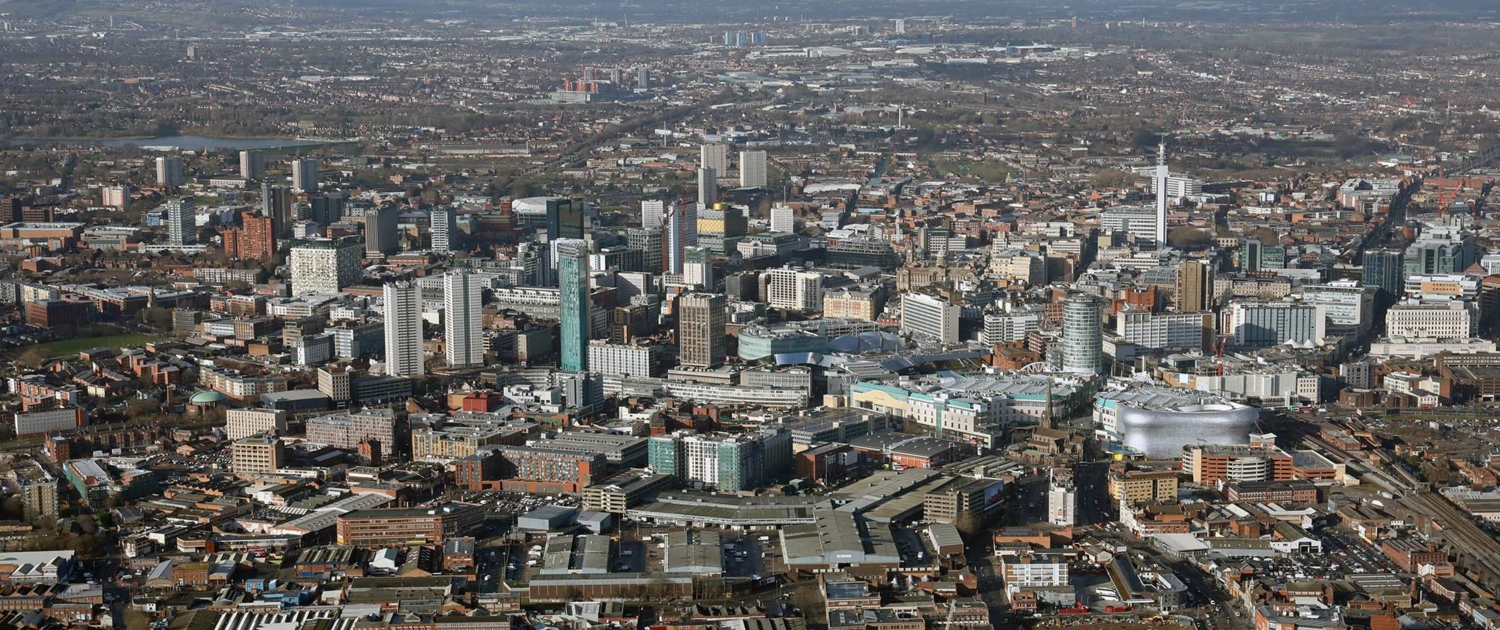Home > Geotopics > Birmingham > How is Birmingham interdependent with its rural surroundings?
How is Birmingham interdependent with its rural surroundings?
Birmingham’s interdependence with its rural areas
The city of Birmingham and its surrounding regions maintain a symbiotic relationship. Many individuals reside in proximate villages like Alvechurch, Belbroughton, Rubery, and Tanworth-in-Arden, commuting to Birmingham for work utilizing the transport network. Inhabitants of the city also use the surrounding rural spaces for leisure activities and waste management. Some of the main interactions between Birmingham and its neighbouring rural regions include:
- Commuting connections between the city and countryside villages
- Agricultural linkages, such as the provision of dairy products and vegetables from rural areas to the city
- Trade relationships, for example, the supply of urban-manufactured goods like tractors to rural areas
- Water supply is directed from the countryside to the city
- The city provides services for rural residents and businesses
- Rural regions offering space for urban expansion, inclusive of transport infrastructure
- Rural regions accommodate space for the disposal of solid and liquid waste.
This interconnectedness brings advantages and drawbacks for the city and its adjacent rural zones. Some critical implications of this relationship include the following:
- Escalating land prices in reachable rural regions pose challenges for those aspiring to purchase land for home construction or agricultural activities.
- The development of new residences in rural areas, often on greenfield sites, alleviates housing pressure within the city.
- The construction of new homes in rural areas generates job opportunities for local builders.
- Farmers profit from selling their land to real estate developers.
- The nearby city serves as a market for rural produce such as milk and vegetables.
- Farmers that diversify their business models by opening farm shops or offering campsite services can benefit economically from their proximity to the city.
- Housing costs in rural areas inflate due to the influx of affluent city dwellers wanting to reside in the countryside. This may result in residents being priced out of their community.
- Many individuals who settle in the countryside still maintain employment in Birmingham, causing the villages they reside in to be deserted during work hours. This lack of daytime populace may lead to the closure of local shops due to insufficient patronage.
- Residents of villages like Belbroughton may opt not to utilize local amenities such as shops and petrol stations, potentially driving them out of business.
- The surge in the number of primary school children in rural areas can help sustain the operation of local schools.
- Derelict houses in the countryside are refurbished and reoccupied.
- The proliferation of homes in accessible rural regions leads to a loss of valuable agricultural land.
- There exists a demand in rural regions for city-manufactured goods like tractors and other machinery.
- Businesses in the city can tap into a pool of workforce residing in nearby rural areas.
- Birmingham’s residents relish the opportunity to escape to the countryside for leisure and recreational activities.
- When urban expansion is on the agenda, it could endanger valuable and ecologically sensitive natural habitats.
- Commutes from rural areas to the city might lengthen for some individuals, which can contribute to increased pollution from vehicle emissions.
Related Topics
Use the images below to explore related GeoTopics.


